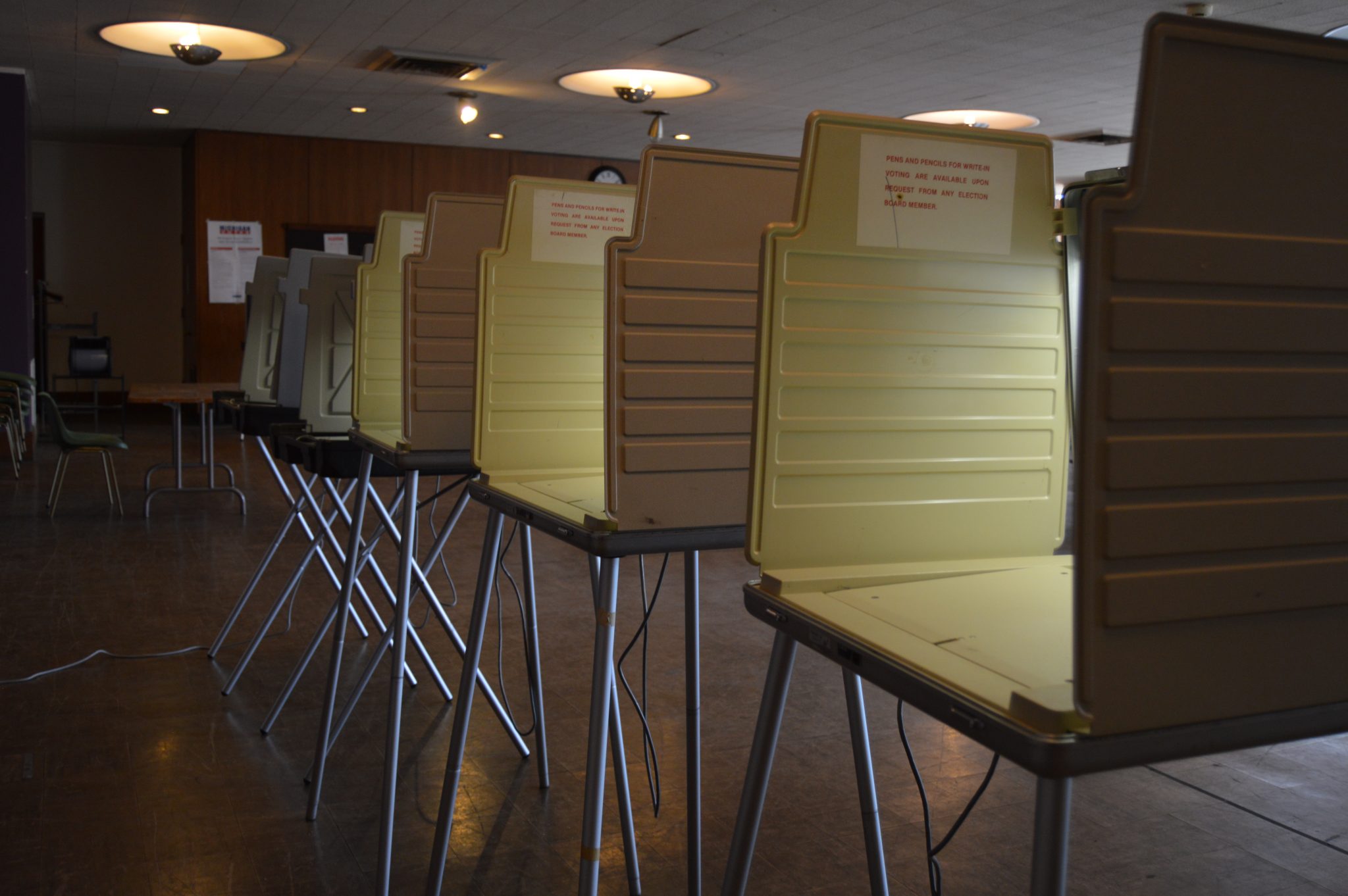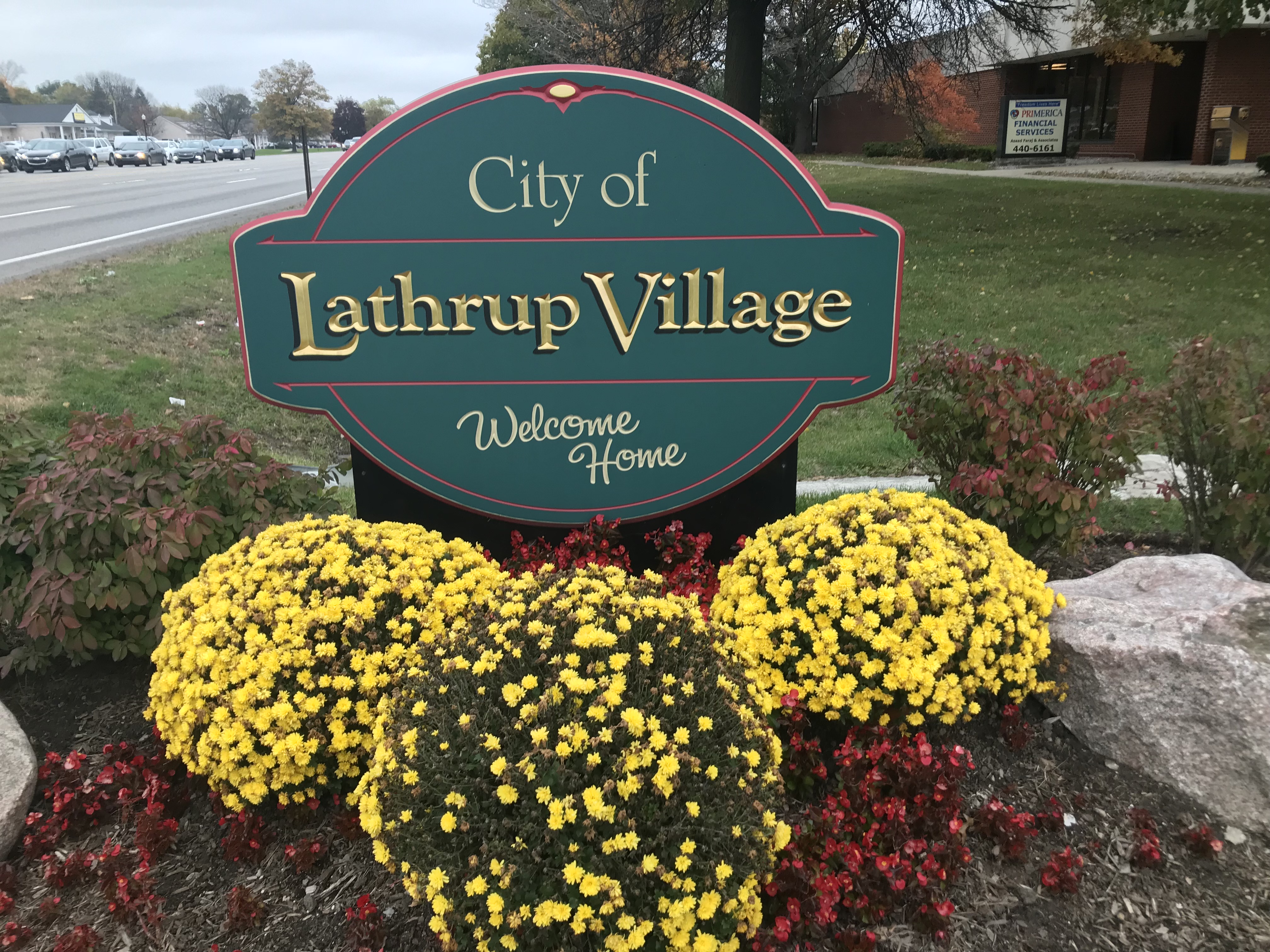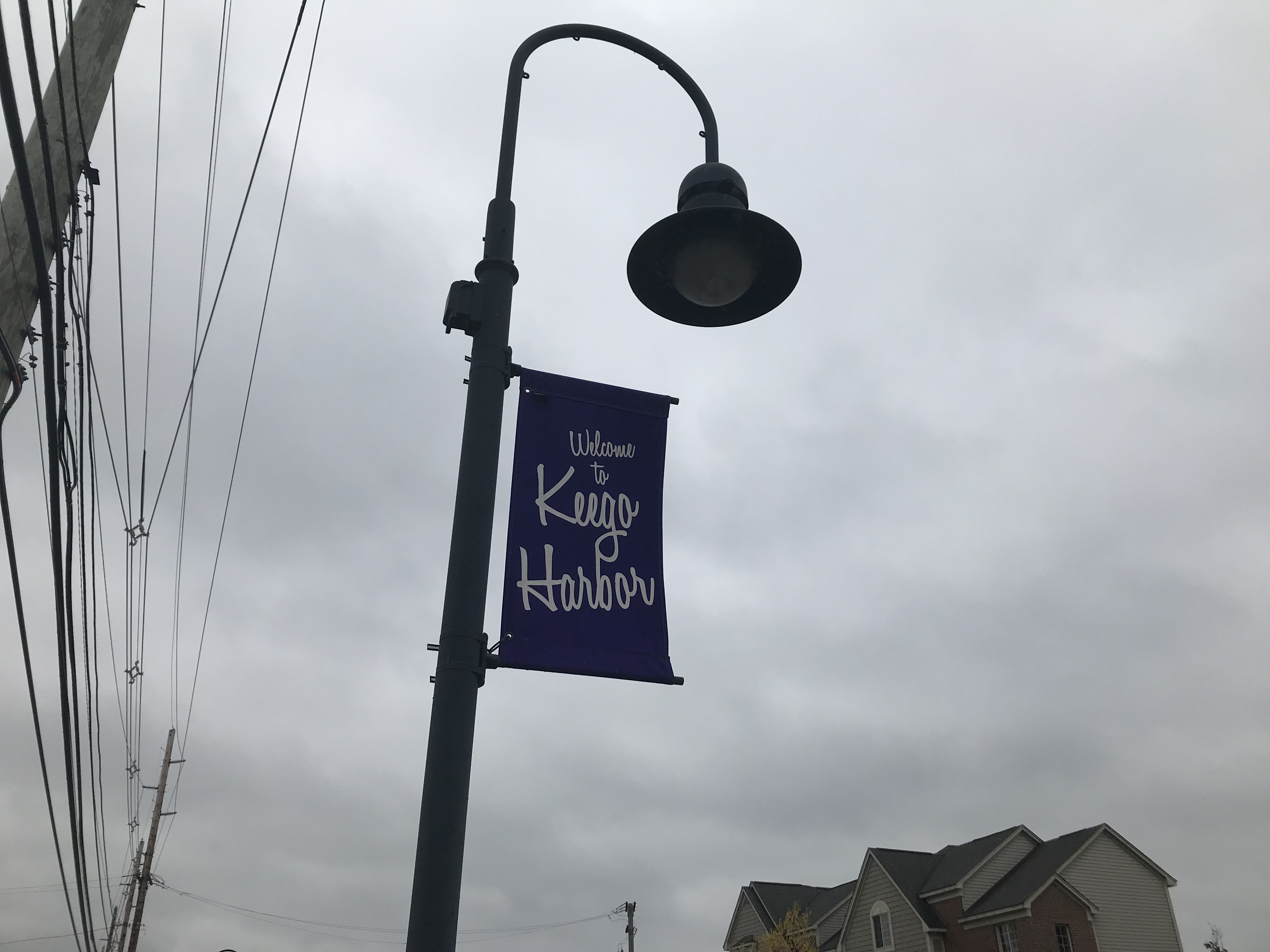Local Proposals Aim to Limit Police Property Seizures
Voters in two Oakland County communities consider tougher standards for civil asset forfeitures.

 Pat Batcheller
|
 Pat Batcheller
|
Two ballot measures in Oakland County would prevent police from seizing property from people unless they have been convicted of a crime. On Nov. 7, voters in Lathrup Village and Keego Harbor will have the chance to limit the use of civil asset forfeiture. If approved, the charter amendments would require a conviction before city employees could take property that was either used in or acquired through criminal activity. The measures also say cities could only use revenue from forfeited property to fix roads, not to fund their police departments.
What is civil asset forfeiture?
Property seizure has been a key weapon in the war on drugs. It allows law enforcement agencies to take cars, houses, cash, or anything else someone might have acquired by selling drugs or other nefarious means. The idea is to prevent crooks from profiting off their victims. But they don’t have to prove a crime was committed in order to seize property. They can take it as long as they suspect it might have been involved in a crime, whether the owner was or not. In those cases, the owner has to go to civil court to try to get it back. That’s not easy.
U.S. v. $7,000
“Civil asset forfeiture is different from criminal asset forfeiture,” says Scott Tillman, National Field Director of the Liberty Initiative Fund. He helped residents in Keego Harbor and Lathrup Village get their proposals on the ballot. Tillman says in civil forfeiture cases, the government essentially “sues” the property in question.
“So you’ll see ‘U.S v. $7,000,’ or ‘State of Michigan v. Ford Explorer,'” Tillman says, noting that the burden of proof is lower in civil cases than criminal ones. Instead of guilt beyond a reasonable doubt, prosecutors only need to show a preponderance of evidence to link seized assets to a crime. “In civil court, they can say it’s likely (the property in question) may have been involved in some crime, so we’re going to take it.”
Tillman says that creates a legal and financial burden for the property owner, who may have to hire a lawyer to get the property back. In one case, some art patrons essentially had to “buy” back their property.
Raid at the CAID

In May 2008, hundreds of people attended a late-night party at the Contemporary Art Institute of Detroit. The museum’s “Funk Night” soirees were held on the last Friday of the month. There was just one problem with this particular party. CAID failed to obtain a liquor license, but sold alcohol anyway. Detroit Police, who had been staking out Funk Night parties in the past, raided the event, detaining and searching every patron, and charging them with loitering at a “blind pig”. Some had their cars seized, and were notified they would have to pay a $900 impound fee to get them back. A group of party-goers sued the police department and several officers, saying their constitutional rights had been violated. The American Civil Liberties Union of Michigan took the case to the U.S. District Court in Detroit. Judge Victoria Roberts sided with the ACLU, ruling that officers had no probable cause to arrest the patrons or seize their vehicles, and failed to prove the plaintiffs had broken the law. Scott Tillman says this is why civil asset forfeiture needs to be reined in.
Read Judge Roberts’ opinion here
“There’s a temptation there for abuse,” Tillman says. “If there’s a criminal conviction, then of course the property should be taken. But if there’s not a criminal conviction, should a person be deprived of their property and be forced to prove it was not involved in a crime?”
Why Keego and Lathrup?
Tillman says he doesn’t know of any specific examples of such abuse in either Keego Harbor or Lathrup Village. Or in Orchard Lake Village and Sylvan Lake, where voters approved similar laws in 2016. He says the Liberty Initiative Fund’s goal in putting these issues on local ballots is to draw state and national attention to the issue of civil asset forfeiture.
“The idea is that if we put this on the ballot in enough places, politicians will see that this is something voters approve of,” Tillman says. “We’re showing that voters support this kind of reform and that a politician who takes it up will be on the right side of public opinion.”
Why not Detroit?
Because of the CAID raid, Tillman says he eventually wants to put a civil asset forfeiture proposal on the ballot in Detroit. But he says that would require more volunteers to circulate petitions, and a lot more voters to sign them.
“We picked these (smaller) cities because we had volunteers there…and…the signature requirements were manageable,” Tillman says. “We’d like to go into Wayne County, the City of Detroit, Livingston County, Macomb County…with similar initiatives to show that this is popular.”
The road ahead
The proposals would prevent Keego Harbor and Lathrup Village from using proceeds from seized assets to fund their police departments. Instead, they would be required to spend any such funds on street repairs. Tillman says this is another deterrent to abuse.
“We need to make sure that we’re implementing these laws…for the betterment of our communities, the protection of our citizens, not to enrich a few agencies or have them out there acting as privateers, policing for profit,” Tillman says. “We decided that putting forfeiture funds to roads would create the least incentive for abuse.”
Police funding
The property seizure proposal is one of two law enforcement-related charter amendments on the ballot in Keego Harbor. Voters are also being asked to authorize a new property tax levy of up to four mills to fund the city’s police department for eight years. If passed, it would partially restore millage funds that were reduced under the Michigan Constitution’s Headlee amendment. City officials say it would raise more than $369,000 for police operations in 2018, about $40,000 of which would be distributed to the city’s Tax Increment Finance Authority.
The polls in Keego Harbor and Lathrup Village will be open from 7 a.m. until 8 p.m. on Nov. 7.
Click on the audio player to hear Scott Tillman’s conversation with WDET’s Pat Batcheller.
EDITOR’S NOTE: WDET contacted the police chiefs in Keego Harbor and Lathrup Village for comment on this story. They have not yet responded.
Keego Harbor Ballot, Nov. 7, 2017 by WDET 101.9 FM on Scribd
